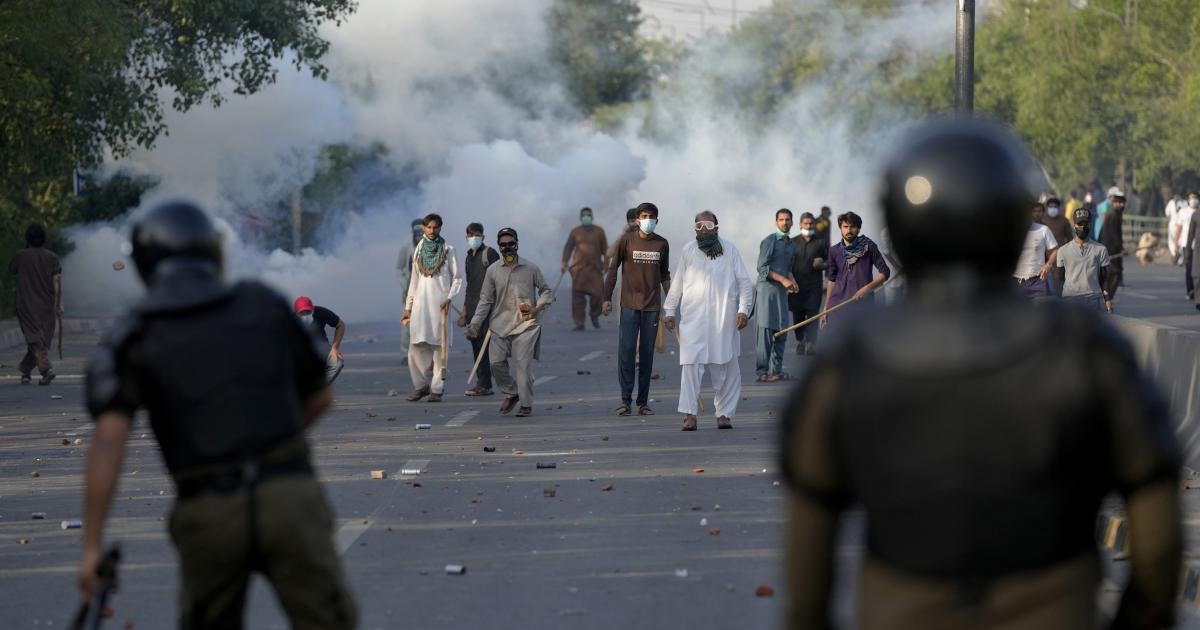Recent unrest in Pakistan’s Khyber Pakhtunkhwa province, fueled by ongoing sectarian violence and escalating security threats, has left a trail of devastation, impacting both civilians and military personnel. In a tragic development, at least 30 children have died due to shortages of essential medicines in the Kurram district, a region grappling with severe sectarian conflict. Simultaneously, the Pakistan Taliban (TTP) has escalated its offensive, claiming responsibility for an overnight attack that claimed the lives of 16 soldiers.
Sectarian Violence and Humanitarian Crisis in Kurram District
The Kurram district, located in the north-western region of Khyber Pakhtunkhwa and bordering Afghanistan, has long been a flashpoint of sectarian conflict between Shia and Sunni Muslims. This violence has intensified over the past several months, particularly since disputes over farmland began escalating in July 2023. The conflict reached a new level of severity on November 21 when gunmen ambushed a convoy, killing 42 individuals, the majority of whom were Shia Muslims. This attack sparked retaliatory violence, including gunfire and arson, further deepening the rift between the two communities.
Since the violence began, over 130 lives have been lost, and many local residents from both sects have been forced to stay indoors, fearing for their safety. The regional government, in an effort to restore order, has closed key roads into the district, hoping to contain the violence. However, this decision has had dire consequences for the population, particularly children who are now facing a severe shortage of life-saving drugs. With transport routes blocked, the availability of essential medical supplies has been severely disrupted, leading to the deaths of at least 30 children who were unable to access necessary treatment.
The provincial government has stated that it will only reopen the roads once both Shia and Sunni militant groups surrender their heavy weaponry. The ongoing blockade has further isolated Kurram’s residents, exacerbating the already dire humanitarian situation.
Deadly Overnight Attack in Khyber Pakhtunkhwa
Meanwhile, another deadly attack has shaken Pakistan’s security forces in Khyber Pakhtunkhwa. In the early hours of [date], 16 Pakistani soldiers were killed in an ambush claimed by the Pakistan Taliban (TTP), a militant group that has been waging an insurgency against the Pakistani state for years. The attack, which occurred overnight, is a stark reminder of the ongoing security challenges faced by Pakistan’s military forces, particularly in volatile regions like Khyber Pakhtunkhwa.
The TTP has intensified its activities in recent months, seeking to assert its influence in the region while challenging the state’s authority. The group’s attacks have often targeted military and law enforcement personnel, but civilians have also borne the brunt of the violence. This latest assault highlights the growing threat posed by the TTP and other insurgent groups, who continue to destabilize large swathes of the country.
The Broader Implications of Sectarian and Security Instability
The combination of sectarian violence in Kurram and the insurgent attacks in Khyber Pakhtunkhwa underscores Pakistan’s precarious security and political situation. The country is facing multiple fronts of conflict, with ethnic and sectarian tensions boiling over in some regions while militant groups continue to challenge the state’s ability to maintain order. The government’s inability to effectively address both the sectarian violence and the insurgent threat has left many parts of the country in a state of limbo, with civilians caught between competing factions.
For Pakistan’s military, the challenges are twofold. Not only must they combat insurgents like the TTP, but they also have to navigate the complexities of sectarian conflict, which has often been fueled by external actors and long-standing political grievances. The ongoing violence in Kurram and the deadly attack on Pakistani soldiers are indicative of the broader instability that plagues the country.
Conclusion: A Call for Action and Reconciliation
As Pakistan grapples with these overlapping crises, urgent action is needed on multiple fronts. The government must prioritize reopening key routes in Kurram to ensure the safe delivery of essential goods, including medicines, to prevent further loss of life. Meanwhile, efforts to mediate between the Shia and Sunni communities in the region should be intensified to foster a long-term solution to the sectarian violence.
Additionally, Pakistan must address the rising threat of insurgent groups like the TTP, whose attacks continue to undermine the country’s security forces and civilian stability. The Pakistani state needs to adopt a comprehensive strategy to address both the sectarian tensions and the insurgency, focusing on dialogue, political reconciliation, and military effectiveness.
The lives of countless Pakistanis, including vulnerable children and military personnel, depend on the country’s ability to restore peace and security. The road ahead will be challenging, but it is one that must be navigated with urgency and a clear vision for peace and stability.



